Foods That Make Acid Reflux Worse And Better - Page 12
Share the post
Share this link via
Or copy link

Source: wagnerokasaki / Getty
If you’re someone who has suffered from acid reflux and/or heartburn, then you know how much it can disrupt your life. Others around you who don’t have it might think, “How big of a deal can it be?” They’ve all eaten spicy foods and had a little indigestion after, and they think that perhaps that’s what you’re making such a fuss about. But, you know it’s much worse than that. It can leave you with “sour stomach”—that sensation that feels like you’re always dropping down a roller coaster. It can lead to temporary laryngitis, causing you to partially or completely lose your voice for days on end. It can make you feel terribly nauseous. It’s very difficult to go about one’s regular life with these symptoms active. While there are over-the-counter medications you can take to treat symptoms, it’s important to combine those with the proper diet. Here are foods that can make acid reflux worse, and better.
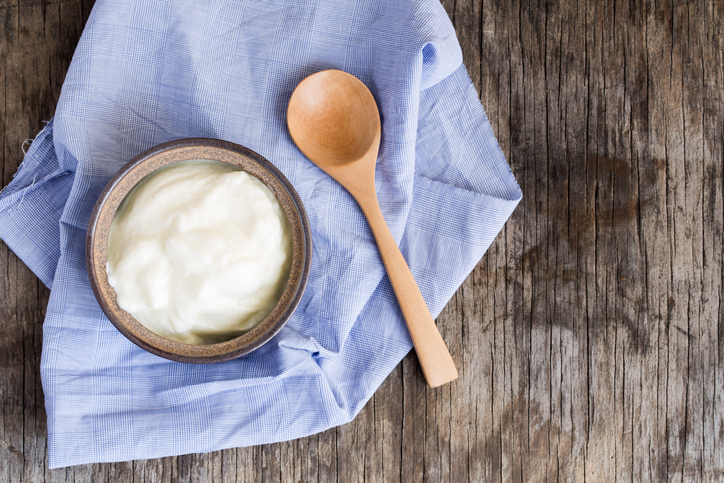
Source: Juhari Muhade / Getty
Harmful: Full-fat dairy products
While traditionally, some full-fat dairy products like yogurt can contain beneficial bacteria that aids in digestion, those with acid reflux can respond poorly to things like full-fat sour cream, cheese, and milk.
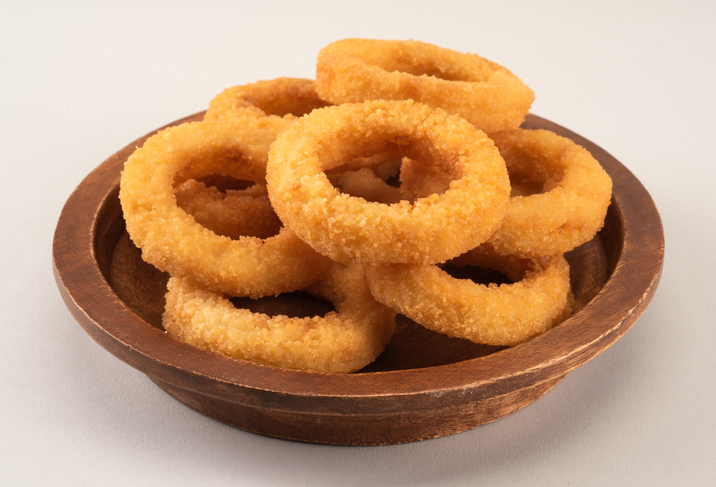
Source: BURCU ATALAY TANKUT / Getty
Harmful: Fried food
Fried food tends to reduce pressure on the lower esophageal sphincter, which is how acid travels from the stomach up the esophagus. Stay away from French fries, onion rings, and fried chips if you have acid reflux.
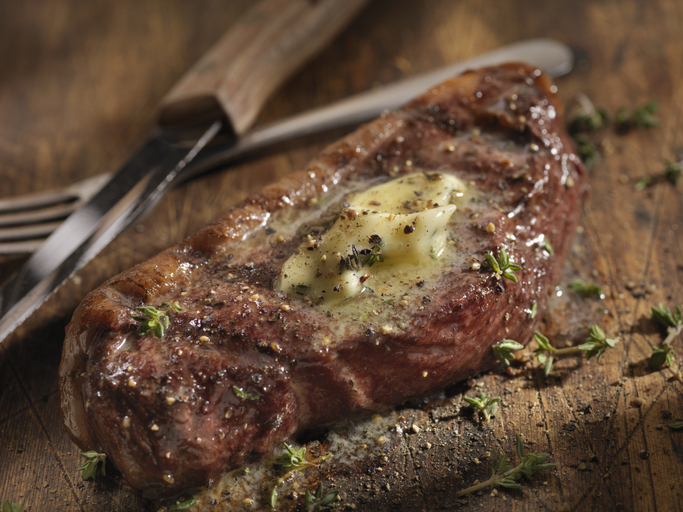
Source: LauriPatterson / Getty
Harmful: Fatty meat cuts
Love MadameNoire? Get more! Join the MadameNoire Newsletter
We care about your data. See our privacy policy.
Fatty meat cuts like sirloin steak or prime rib can cause acid reflux to act up. Since these delay stomach emptying, they increase the chances of acid traveling up from the stomach.
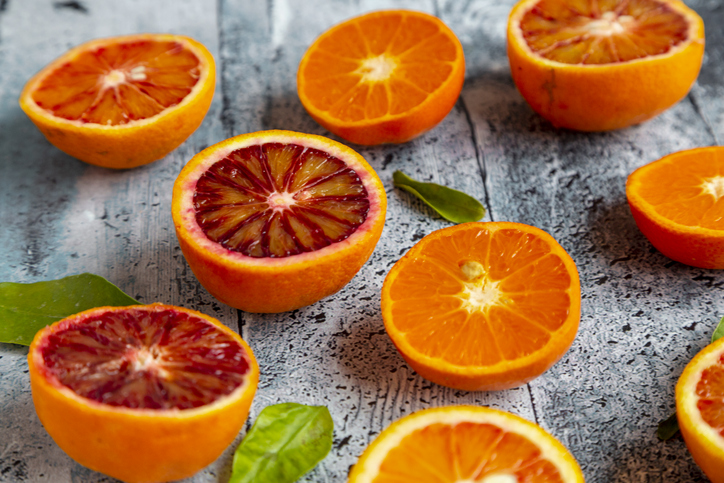
Source: Westend61 / Getty
Harmful: Citrus fruit
Citrus fruits like grapefruit, oranges, and tangerines are notoriously bad for acid reflux as they are so acidic in nature. Also look out for things like lemon or lime juice hiding in salad dressings and sauce.
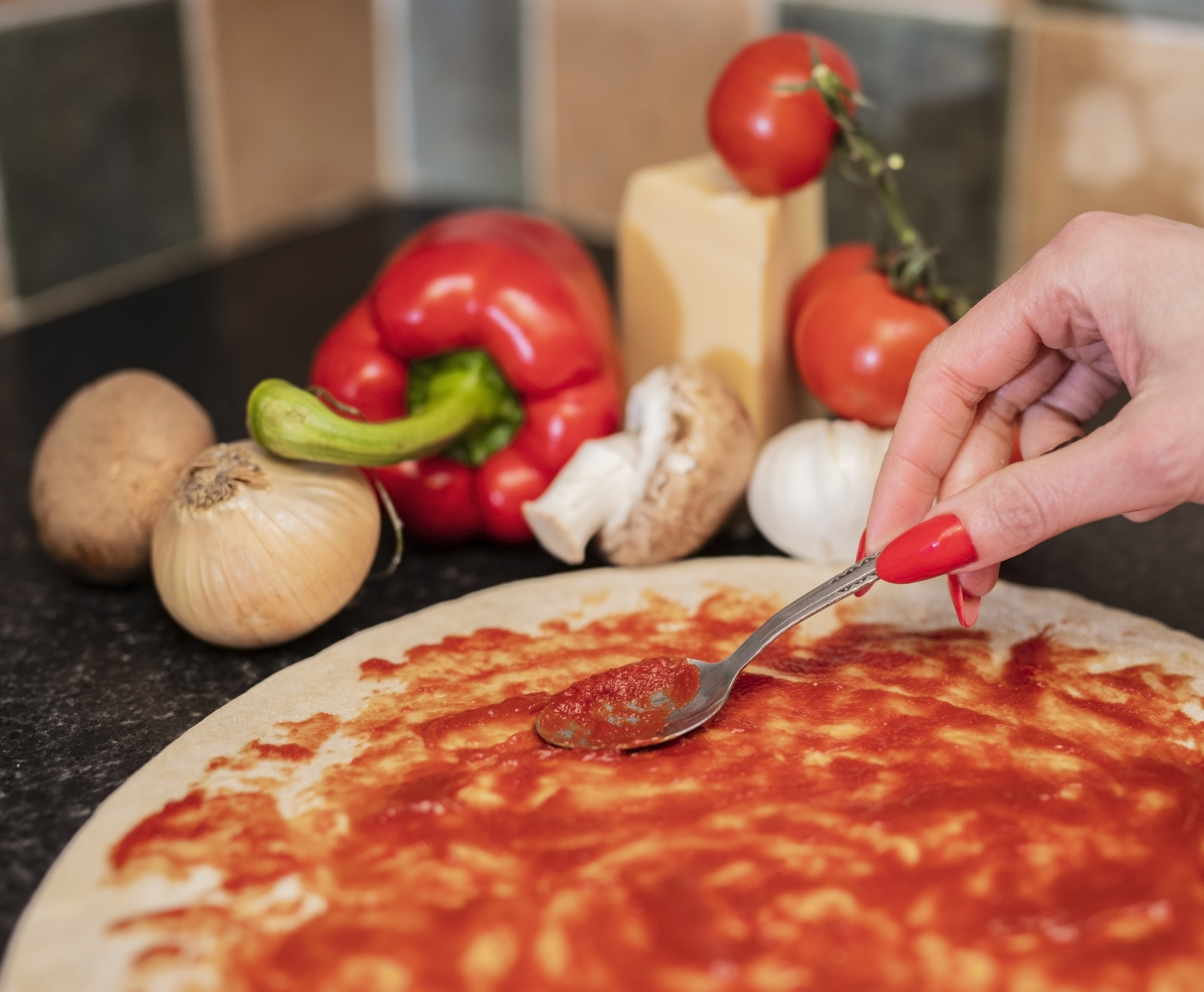
Source: mikroman6 / Getty
Harmful: Tomatoes
Tomatoes are another highly acidic food. While a handful of cherry tomatoes may not trigger symptoms, tomato-based sauces and soups certainly can.
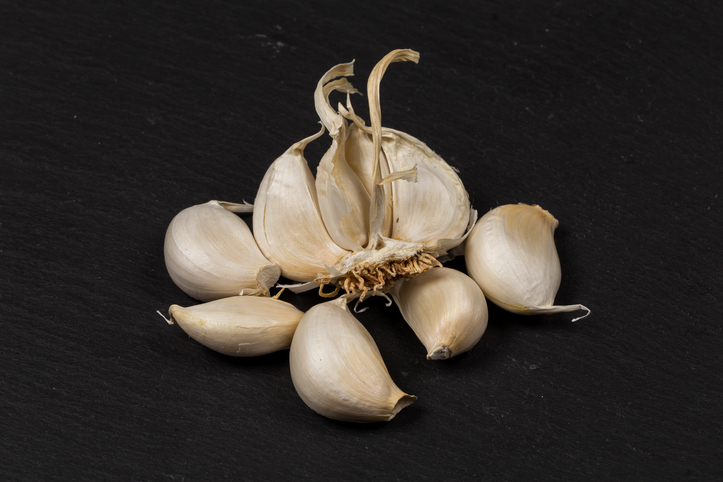
Source: R.Tsubin / Getty
Harmful: Garlic and onions
Garlic and onions, though loaded with other health benefits, are famously tough on those with stomach issues ranging from acid reflux to small intestinal bacterial overgrowth. They aren’t good for those on a Low FODMAP diet or those on the gastroesophageal reflux disease (GERD) diet.
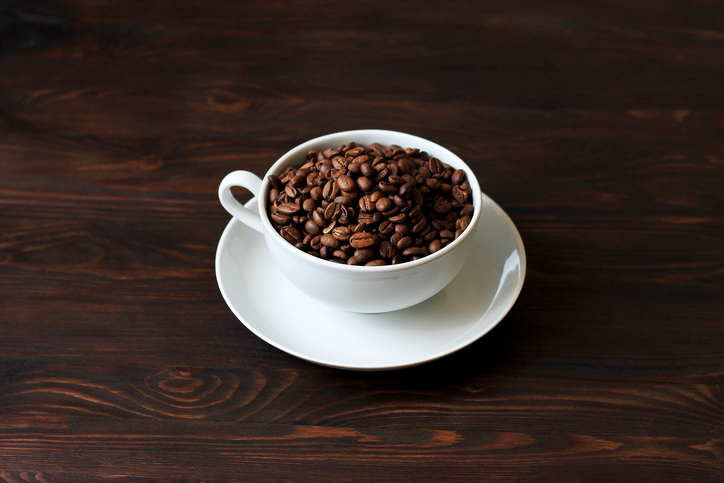
Source: Yulia Naumenko / Getty
Harmful: Coffee/alcohol
Sadly, the beverages that perk you up in the morning and calm you down in the evening will not help with acid reflux. Even caffeine-free coffee drinks can still cause stomach upset, so switch to tea for your morning pick-me-up.
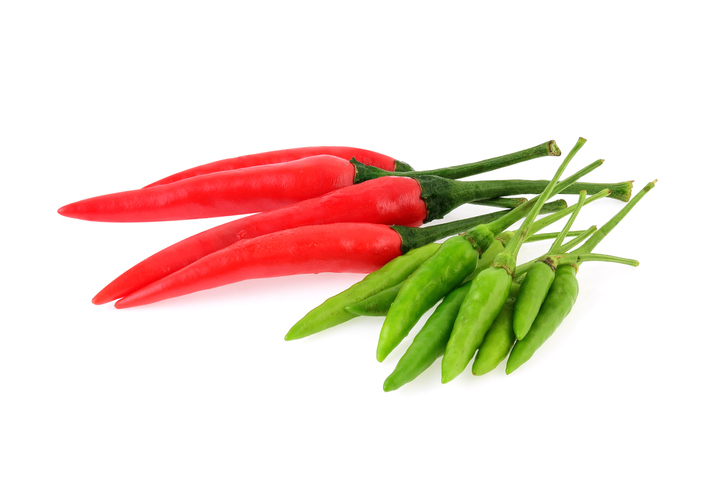
Source: Akepong Srichaichana / EyeEm / Getty
Harmful: Spicy food
Interestingly enough, some experts suggest that regular exposure to spicy foods won’t trigger acid reflux symptoms. Rather, it’s those who rarely touch the stuff and have it sparingly who may suffer.
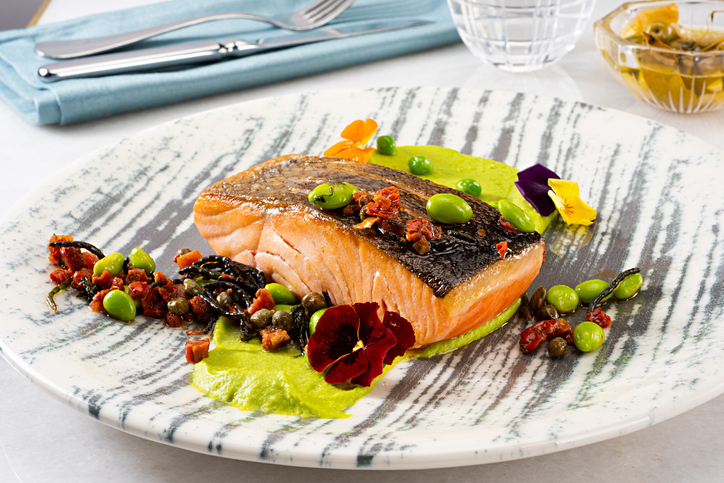
Source: BURCU ATALAY TANKUT / Getty
Helpful: Fish
Now, onto the helpful stuff. You need protein in your life, even as you’re staying away from fatty steaks and burgers on the GERD diet. Fish is a great option, as it has healthy fats that don’t disrupt stomach emptying.
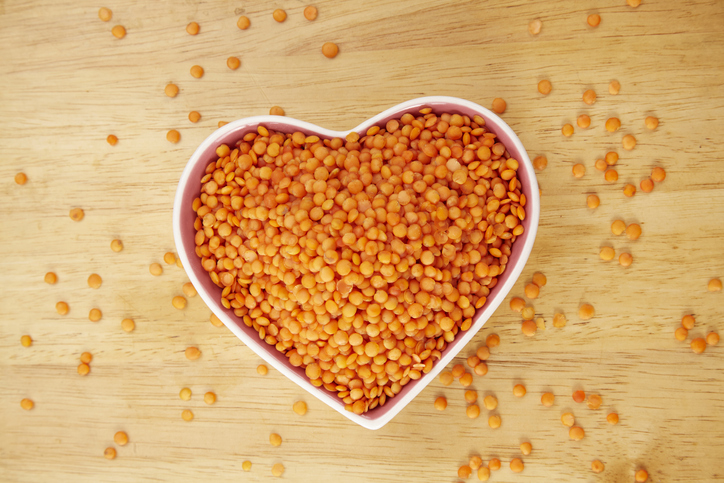
Source: Eskay Lim / EyeEm / Getty
Helpful: Lentils
Lentils are high in fiber, which can promote timely stomach emptying, and that is an important part of preventing acid reflux. They’re also a low-fat protein option.
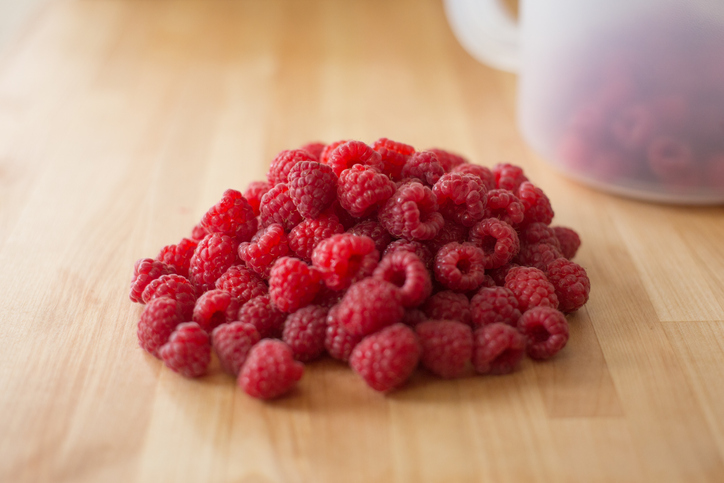
Source: Hannah Johnson / EyeEm / Getty
Helpful: Berries
Berries are very high in fiber, meaning they, too, can speed up the digestive process, and make sure food doesn’t stay in your stomach so long that it sends acid riding back up the esophagus.
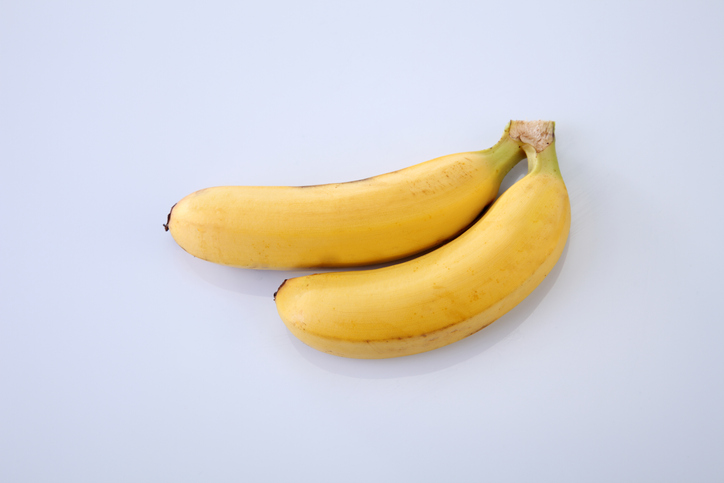
Source: Eskay Lim / EyeEm / Getty
Helpful: Bananas
Bananas help in many ways. Not only are they high in fiber, but they’re also naturally soothing on the stomach. Plus, they are high in magnesium, which can reduce spasms of the lower esophageal sphincter.
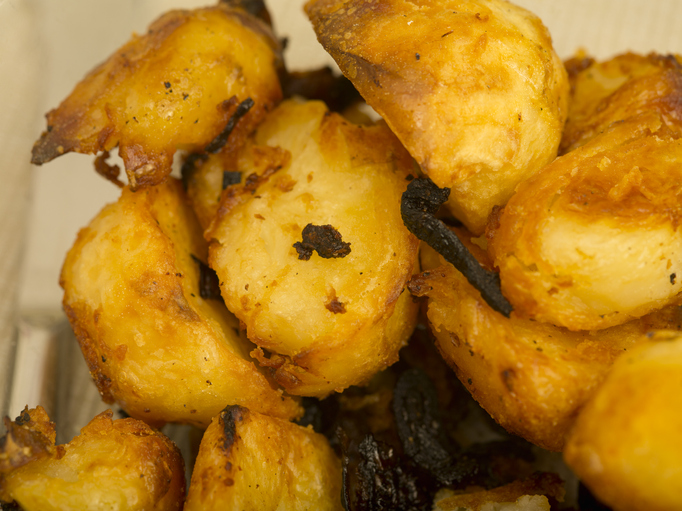
Source: Kypros / Getty
Helpful: Potatoes
Potatoes are high in potassium, which is essential for smooth muscle contractions in every part of the body, including the lower esophageal sphincter. They’re also a gentler starch for your stomach than, say, pasta or bread.
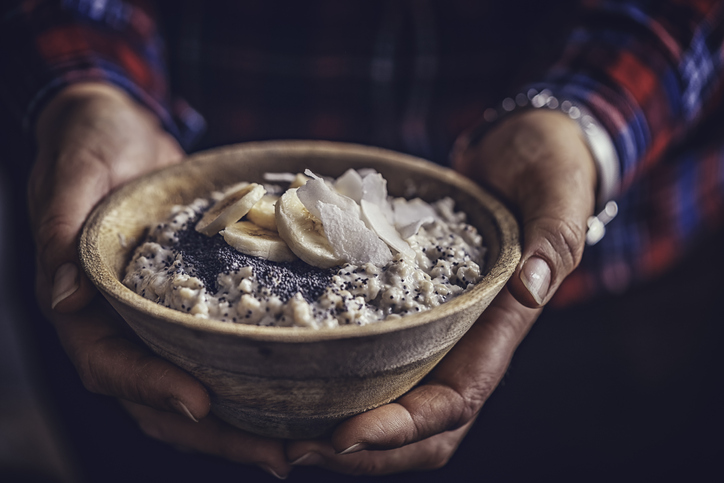
Source: GMVozd / Getty
Helpful: Oatmeal
Whole grains like oatmeal can be very soothing on that “sour stomach” sensation. They’re also high in fiber, to speed up that digestive process and move acid-producing foods out of the stomach and down into the intestines.
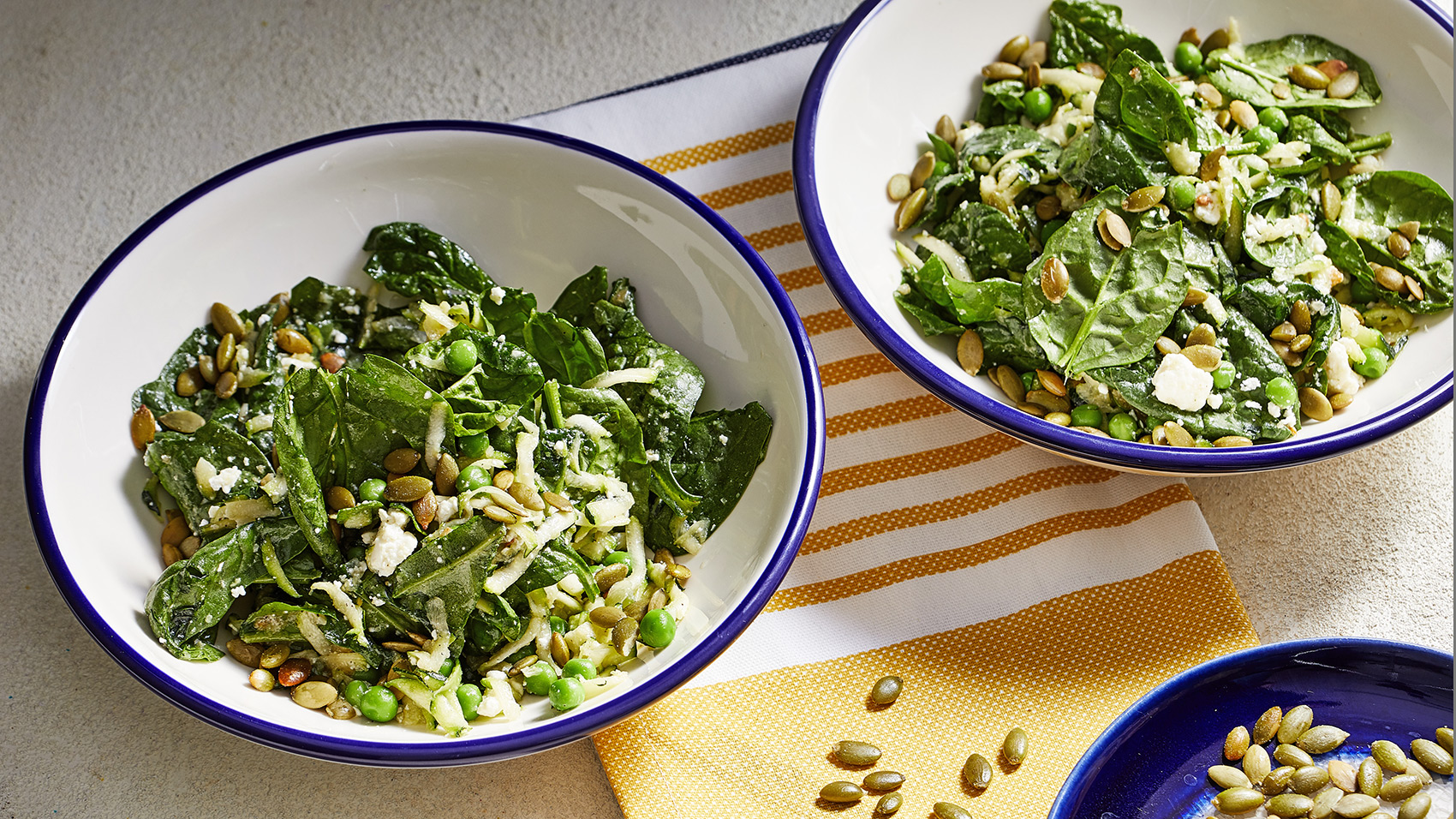
Source: The Washington Post / Getty
Helpful: Greens
Green vegetables like kale, spinach, and lettuce are all great roughage. Getting enough roughage in your diet will help add bulk to your stool and move food through your body quicker.
Related Tags
healthy diet-

Meet Dominique Fils-Aimé, The Haitian-Canadian Star Redefining Jazz For A New Generation: ‘This is My Vision' [Exclusive]
-

Cooking With Purpose — How Brittney Williams Honors Her Caribbean Roots Through Food
-

Bucket Baddies With Big Energy — The 30 Hottest NBA Players In The Game Right Now
-

8 Famous Lesbian Women Who Were Married To Men



